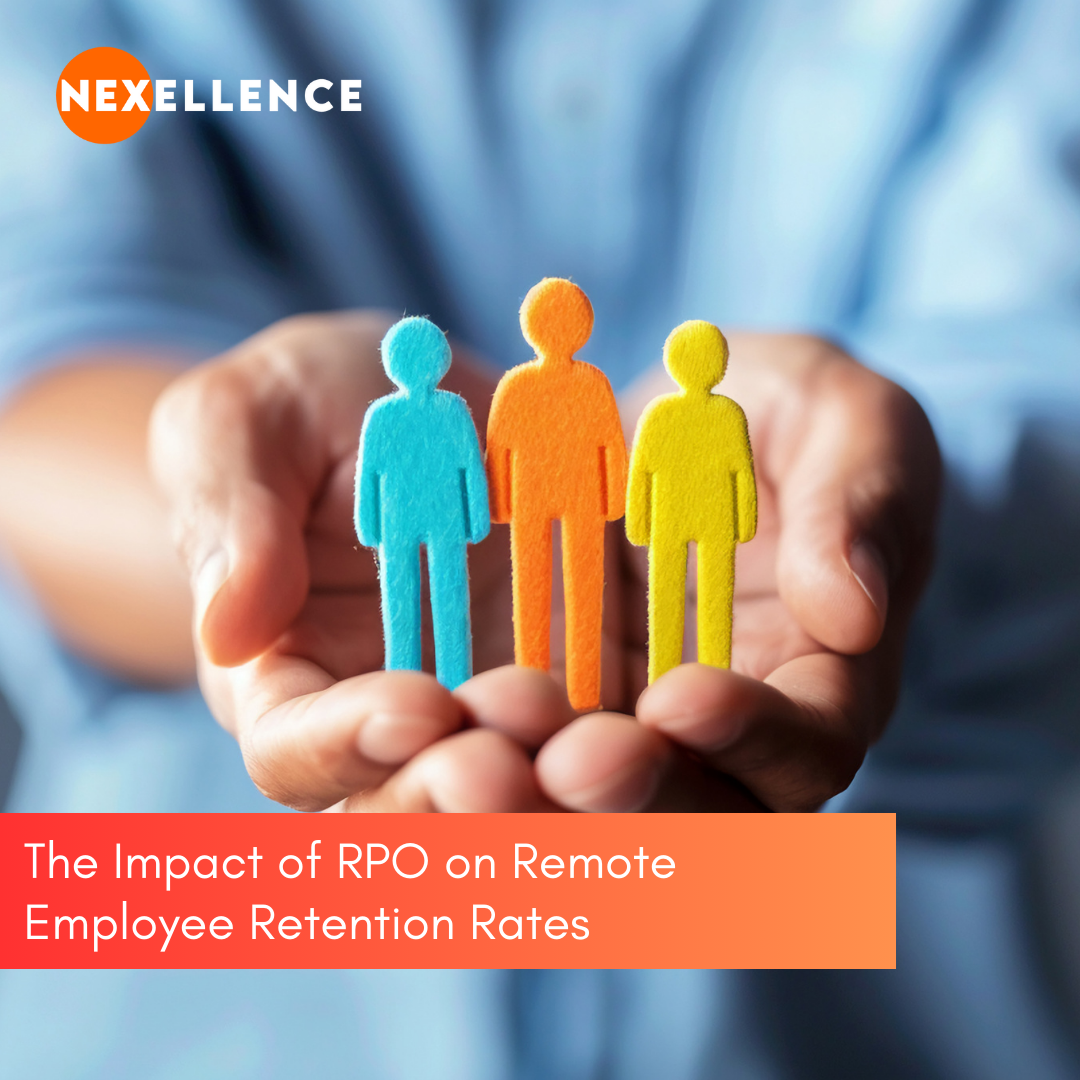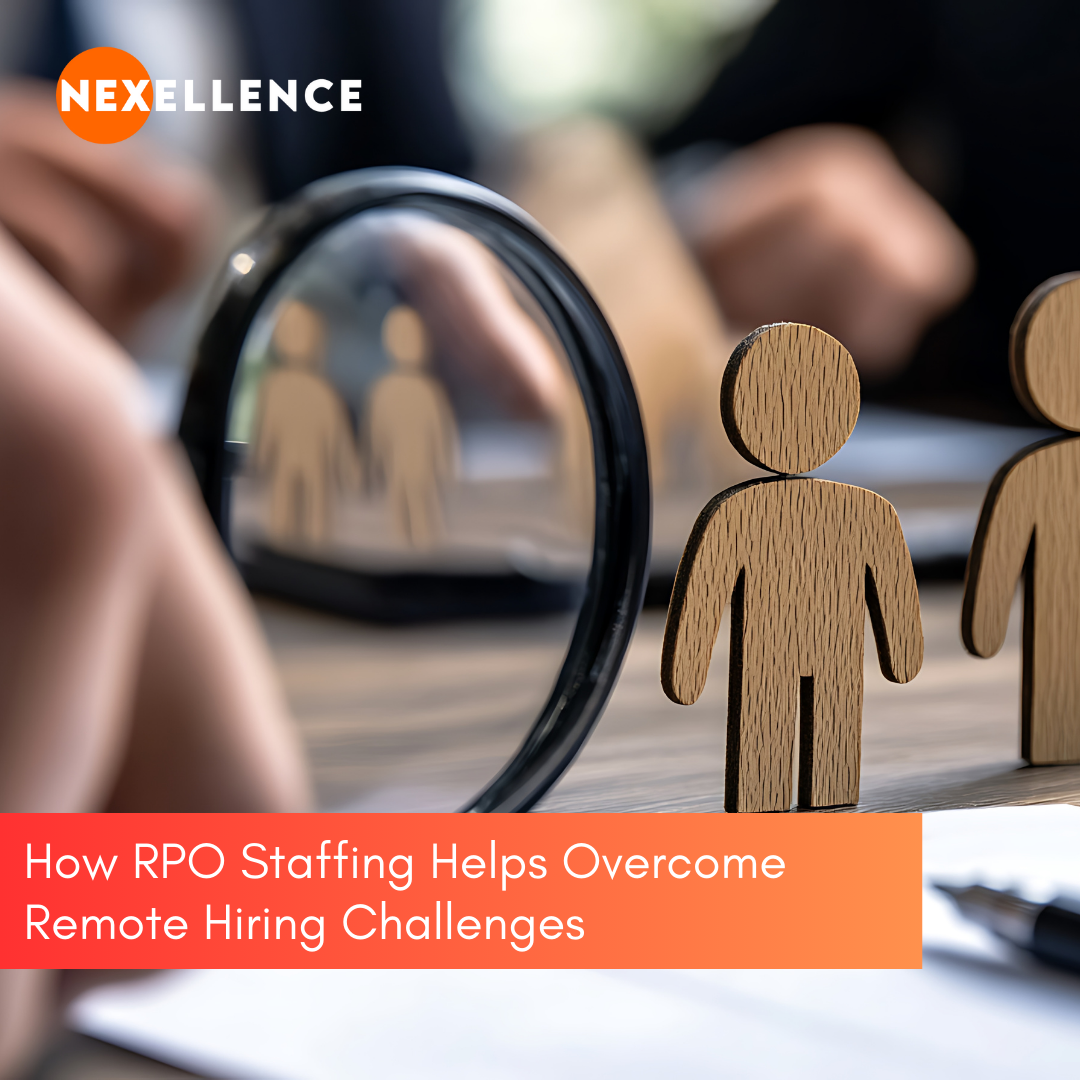Emotional intelligence (EQ) is crucial for personal and professional success. It encompasses the ability to understand and manage your own emotions and to recognize and influence the emotions of others. Here are eight strategies employees can use to improve their emotional intelligence:
1. Self-Awareness
Reflective Practice: Encourage regular self-reflection to understand personal strengths, weaknesses, and emotional triggers. Keeping a journal can help track these reflections and recognize patterns in emotional responses.
Seek Feedback: Actively seek constructive feedback from colleagues, managers, and friends to gain an external perspective on your behaviors and emotional responses.
2. Self-Regulation
Mindfulness Meditation: Practice mindfulness meditation to increase awareness of your emotions and develop greater control over them. This can help reduce impulsive reactions and promote calmness.
Pause and Think: Develop the habit of pausing before reacting, especially in stressful situations. Taking a few moments to think through your response can lead to more thoughtful and measured reactions.
3. Motivation
Set Personal Goals: Establish clear, achievable personal and professional goals. Working towards these goals can increase intrinsic motivation and drive.
Positive Reinforcement: Use positive reinforcement to maintain motivation. Reward yourself for small achievements and progress towards your goals.
4. Empathy
Active Listening: Practice active listening by fully focusing on the speaker, understanding their message, and responding thoughtfully. This demonstrates empathy and strengthens relationships.
Perspective-Taking: Make a conscious effort to see situations from others’ perspectives. This can enhance your understanding of their feelings and motivations.
5. Social Skills
Effective Communication: Work on improving verbal and non-verbal communication skills. Clear, concise, and respectful communication fosters better relationships and reduces misunderstandings.
Conflict Resolution: Develop skills in conflict resolution by learning to address and resolve conflicts constructively. This includes staying calm, understanding differing viewpoints, and finding mutually beneficial solutions.
6. Stress Management
Healthy Lifestyle: Maintain a healthy lifestyle with regular exercise, balanced nutrition, and adequate sleep. Physical well-being directly impacts emotional resilience and stress management.
Relaxation Techniques: Incorporate relaxation techniques such as deep breathing exercises, progressive muscle relaxation, or yoga into your daily routine to manage stress effectively.
7. Adaptability
Embrace Change: Cultivate a positive attitude towards change by seeing it as an opportunity for growth rather than a threat. Flexibility and adaptability are key components of high EQ.
Continuous Learning: Stay open to new experiences and learning opportunities. This not only enhances adaptability but also broadens your perspective and emotional understanding.
8. Building Relationships
Networking: Build and maintain a strong professional network. Relationships based on trust and mutual respect can provide support and enhance emotional well-being.
Team Collaboration: Foster a collaborative team environment by being supportive, sharing information, and working towards common goals. Positive team dynamics are essential for emotional health.
Conclusion
Improving emotional intelligence is a continuous process that involves self-awareness, self-regulation, motivation, empathy, social skills, stress management, adaptability, and relationship-building. By adopting these strategies, employees can enhance their EQ, leading to better personal well-being, improved workplace relationships, and greater professional success.





